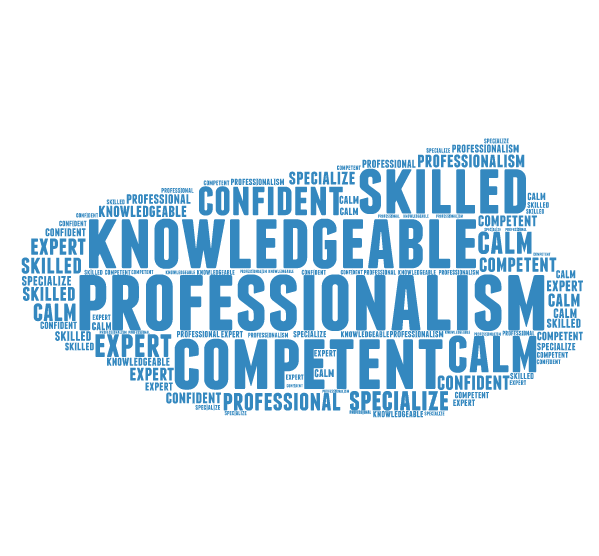Today’s class was all about mathematical shape involvement in visual illusions, symmetry and the importance of active learning. I learnt how to make and augment regular polygons in order to create an Escher-inspired tessellation or Islamic art-inspired tiling. We explored the relationship between art and mathematics and how throughout history, artists have used the properties of symmetry, tessellation and proportion to create artistic masterpieces.
Maths is a subject feared by majority of children and this class has made me determined to try and change the way children view maths. I learnt the importance in involving students in the learning process of maths. By making children do fun activities related to the maths topic it keeps them involved and being productive in the topic. It helps children get excited over maths, keep interest, and enjoy what they’re learning.
Today we learnt how to make our own tessellations. A tessellation (or tiling) is a repeating pattern of shapes that fit perfectly together without any gaps or overlaps. Regular tessellations are made up of only one regular shape repeated, whilst semi – regular tessellations are made up of two or more regular shapes tiled to create a repeating pattern.

Here is the beginning of my own tessellation. I have used three different shapes. However, as you can see there are gaps so it isn’t finished yet!

